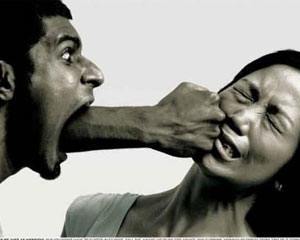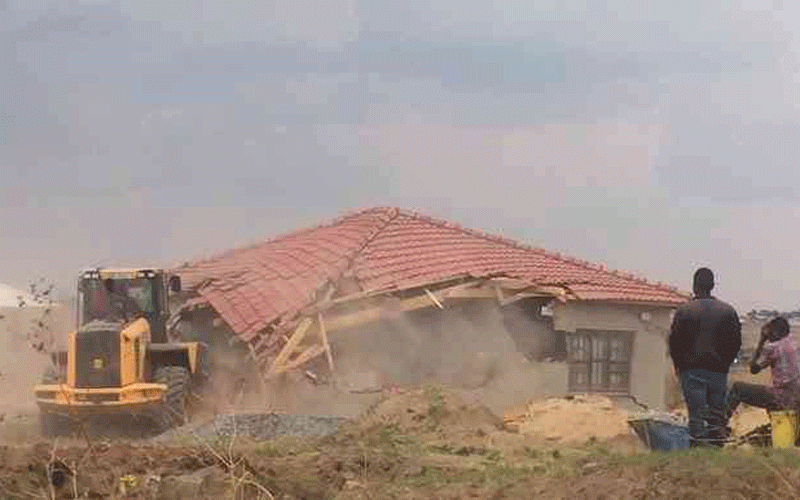
Violence against women, girls and boys is a grave violation of human rights. It is a pandemic and an affront to the inherent equality and dignity of women.
By Bishow Parajuli
Survivors of gender-based violence are often silenced by the fear of being stigmatised or not believed even by those closest to them while the perpetrators of their abuse enjoy impunity.
Today, November 25, marks the beginning of 16 Days of Activism Against Gender-Based Violence (GBV), which is International Day for the Elimination of Violence Against Women and will run up to December 10, which will be Human Rights Day.
The theme for this year’s International Day of the Elimination of Violence Against Women, Orange the World: #HearMeToo. #HearMeToo, is a call to everyone to believe women, girls and boys when they speak out about their experiences with gender-based violence, give voice to the victims of violence and protect their fundamental human rights by recalibrating action to end this menace that dampens the future of women, girls and boys.
The extent of gender-based violence is far-reaching. In Zimbabwe alone, about one in three women aged 15 to 49 have experienced physical violence and about one in four women have experienced sexual violence since the age of 15.
In fact, latest National Baseline Study on the Life Experiences of Adolescents revealed that 43% of girls aged 13-17 years reported that their first incident of sexual intercourse was unwanted. It is estimated that one in three girls are married by the time they turn 18.
Gender-based violence is not limited to physical and sexual violence. It also includes sexual harassment, cyber-bullying, dating violence, human trafficking, deliberately preventing women and girls from accessing and enjoying socio-economic freedoms and preventing women from exercising their sexual reproductive health rights.
- Chamisa under fire over US$120K donation
- Mavhunga puts DeMbare into Chibuku quarterfinals
- Pension funds bet on Cabora Bassa oilfields
- Councils defy govt fire tender directive
Keep Reading
Despite its malignant spread, violence against women, girls and boys is not inevitable. It can be effectively addressed through prevention, protection and provision of services. In this regard, let me share what we can all do to end violence against women, girls, and boys.
First, everyone in their individual capacity has a role to play in protecting the mental, physical and social safety and wellbeing of women and girls in and around their communities. Individuals at grassroot level and in local communities should be vocal about their intolerance for violence against women and girls and seek justice for the perpetrators.
Second, child marriage usually means an end to girls’ education, vocation and her right to make life choices. Research confirms that girls who marry in childhood are at greater risk for intimate partner violence than girls of the same age who marry later. Investing in the girl child is critical as it has a ripple effect on the success of the country. Girls should have the same opportunities as boys to attend school and seek out formal and productive employment, which will one day allow them to stand independently and provide for their own families. Joint efforts to ban child marriages in Zimbabwe must be enacted in line with the Constitution and enforced aggressively.
Third, women must be drawn into the economic mainstream. The consequence of decline in women’s relative or absolute economic status has both ethical and long-term economic implication. Any process of growth that fails to improve the welfare of the people experiencing the greatest hardship, broadly recognised to be women, has failed to accomplish one of the principal goals of development. This year’s inauguration of Women’s Bank is noted and hopefully will empower emerging and active enterprising women.
Fourth, the political will demonstrated by the international community in adopting Sustainable Development Goal 5, which includes targets on ending violence against women and girls, is a bold, positive step and must be mainstreamed into national and local development programmes including allocating adequate resources. Women’s empowerment either through affirmative action or other avenues can improve investment in priorities of women policymakers, which in turn is likely to improve the contribution of women to economic growth. Zimbabwe’s progressive Constitution should inspire political parties and the corporate world to ensure gender parity not as charity, but as a fundamental right to representation and sound investment.
All said and done, it is extremely important that men hold each other accountable for their actions towards women, girls and boys and prevent the continued normalisation of gender-based violence. It is important too for influential men in society to stand in solidarity with women, girls and boys and show their support for them.
Although we will be commemorating 16 Days of Activism Against Gender-Based Violence, aggressive and relentless efforts must continue for 365 days. Standing up for victims of gender-based violence and preventing the continuation of the violation of fundamental human rights is a full-time commitment. The United Nations will scale up its support to national efforts with a new approach and significant allocation of resources through the global EU-UN Spotlight Initiative to end violence against women and girls.
There is need to increase access to service to victims of abuse including legal support. Society and law enforcement agencies must play their role in enforcing the law.
Each day, we should stand for what is right and create safe environments for women, girls and boys to thrive and live a life full of dignity and hope. Let me end with a quote from UN secretary-general Antonio Guterres: “Not until the half of our population represented by women and girls can live free of fear, violence and everyday insecurity, can we truly say we live in a fair and equal world.”
Bishow Parajuli is UN resident coordinator and UNDP resident representative in Zimbabwe.











